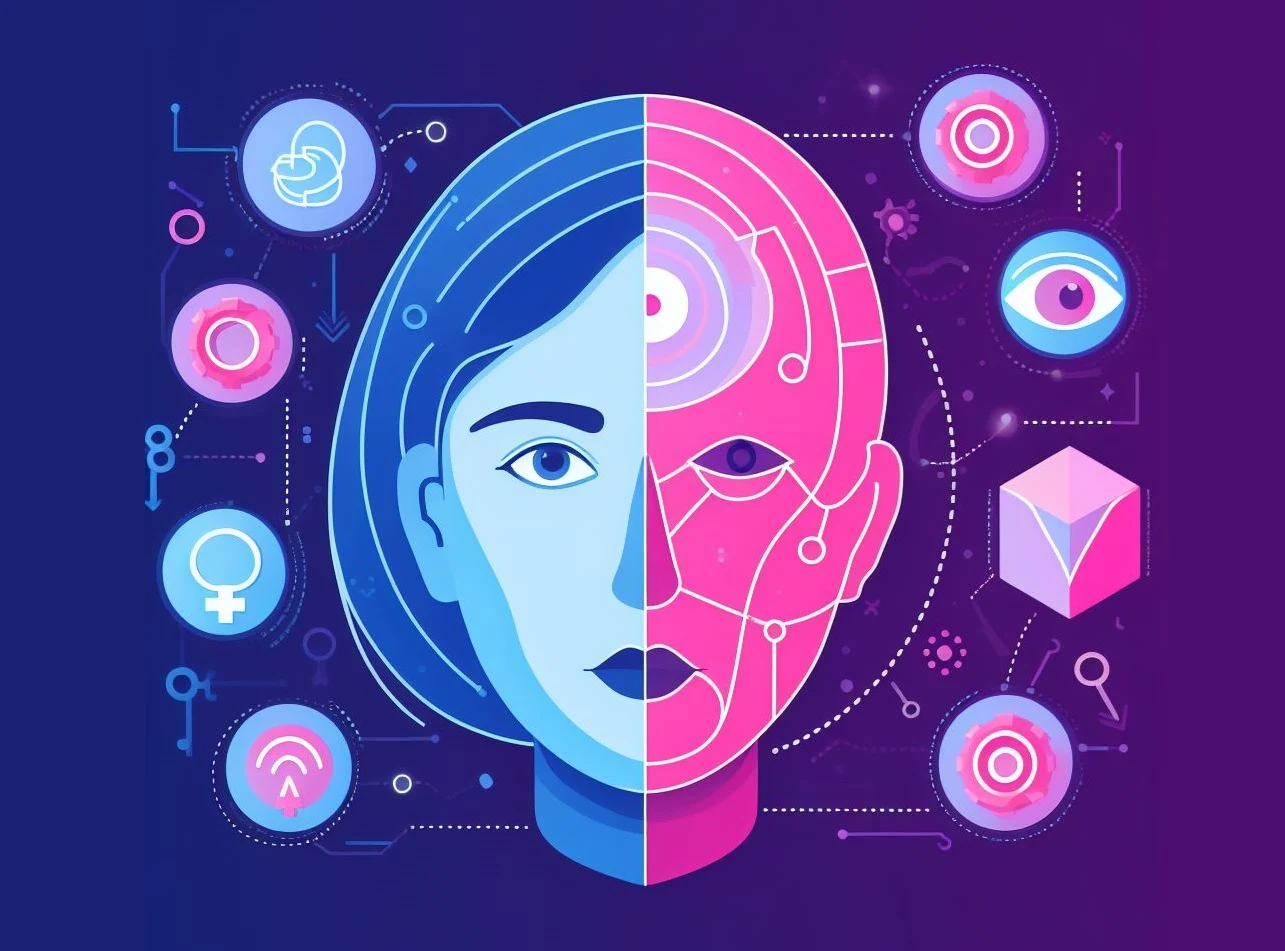Have you ever noticed how men and women can see the same thing in totally different ways? It's kind of like how one person might see a cloud as a fluffy bunny, while another sees a fierce dragon. This difference in perspective really stands out when it comes to artificial intelligence (AI). A study by Morning Consult and Axios, involving over 2,000 U.S. adults, dives deep into this intriguing contrast.
Let's think of AI as a new gadget, something like the first-ever smartphone. Men seem to be racing to get their hands on it, excited by all its bells and whistles. But women are more cautious, examining the fine print and wondering about the impact on their kids. The survey throws up some eye-opening numbers: 44% of women feel AI is a tough beast to tame, regulation-wise. Only 23% of men feel the same.
Now, picture a mom and dad deciding if their kid should have a smartphone. That's kind of how they view letting their kids use AI chatbots like OpenAI's ChatGPT. Only 4% of women would give the green light for any use, while 31% of men wouldn’t mind. And here's a kicker: more than half the women would just say 'no' to AI for their kids, unlike 26% of the dads.
Why this gap? Think of tech like a new club in town. Early adopters, often young men, are the first to dance to the new tunes, as Jordan Marlatt from Morning Consult points out. They're setting the trends, shaping how we all see AI.
But this isn't just about opinions. It spills over into jobs and business. Studies show that jobs women often do are more likely to be replaced by robots. And in the business world of AI, women-led startups get a lot less funding than men's.
Yet, there are women turning this tide. Jacqueline DeStefano-Tangorra used AI to boost her business, bagging over $100,000 in contracts. Nicole Cueto, a PR pro, cuts her workload using AI, giving her more time for her side gigs.
So, what's the big picture here? It's that men and women are on different pages when it comes to AI. But it's more than just opinions. It's about jobs, money, and our future. This difference in views isn't just interesting — it's crucial in shaping how AI rolls out in our lives.
Illustration: DIW
Read next: The AI Impact — A 5.2% Earnings Drop for Freelance Writers Post-ChatGPT
Let's think of AI as a new gadget, something like the first-ever smartphone. Men seem to be racing to get their hands on it, excited by all its bells and whistles. But women are more cautious, examining the fine print and wondering about the impact on their kids. The survey throws up some eye-opening numbers: 44% of women feel AI is a tough beast to tame, regulation-wise. Only 23% of men feel the same.
Now, picture a mom and dad deciding if their kid should have a smartphone. That's kind of how they view letting their kids use AI chatbots like OpenAI's ChatGPT. Only 4% of women would give the green light for any use, while 31% of men wouldn’t mind. And here's a kicker: more than half the women would just say 'no' to AI for their kids, unlike 26% of the dads.
Why this gap? Think of tech like a new club in town. Early adopters, often young men, are the first to dance to the new tunes, as Jordan Marlatt from Morning Consult points out. They're setting the trends, shaping how we all see AI.
But this isn't just about opinions. It spills over into jobs and business. Studies show that jobs women often do are more likely to be replaced by robots. And in the business world of AI, women-led startups get a lot less funding than men's.
Yet, there are women turning this tide. Jacqueline DeStefano-Tangorra used AI to boost her business, bagging over $100,000 in contracts. Nicole Cueto, a PR pro, cuts her workload using AI, giving her more time for her side gigs.
So, what's the big picture here? It's that men and women are on different pages when it comes to AI. But it's more than just opinions. It's about jobs, money, and our future. This difference in views isn't just interesting — it's crucial in shaping how AI rolls out in our lives.
Illustration: DIW
Read next: The AI Impact — A 5.2% Earnings Drop for Freelance Writers Post-ChatGPT

